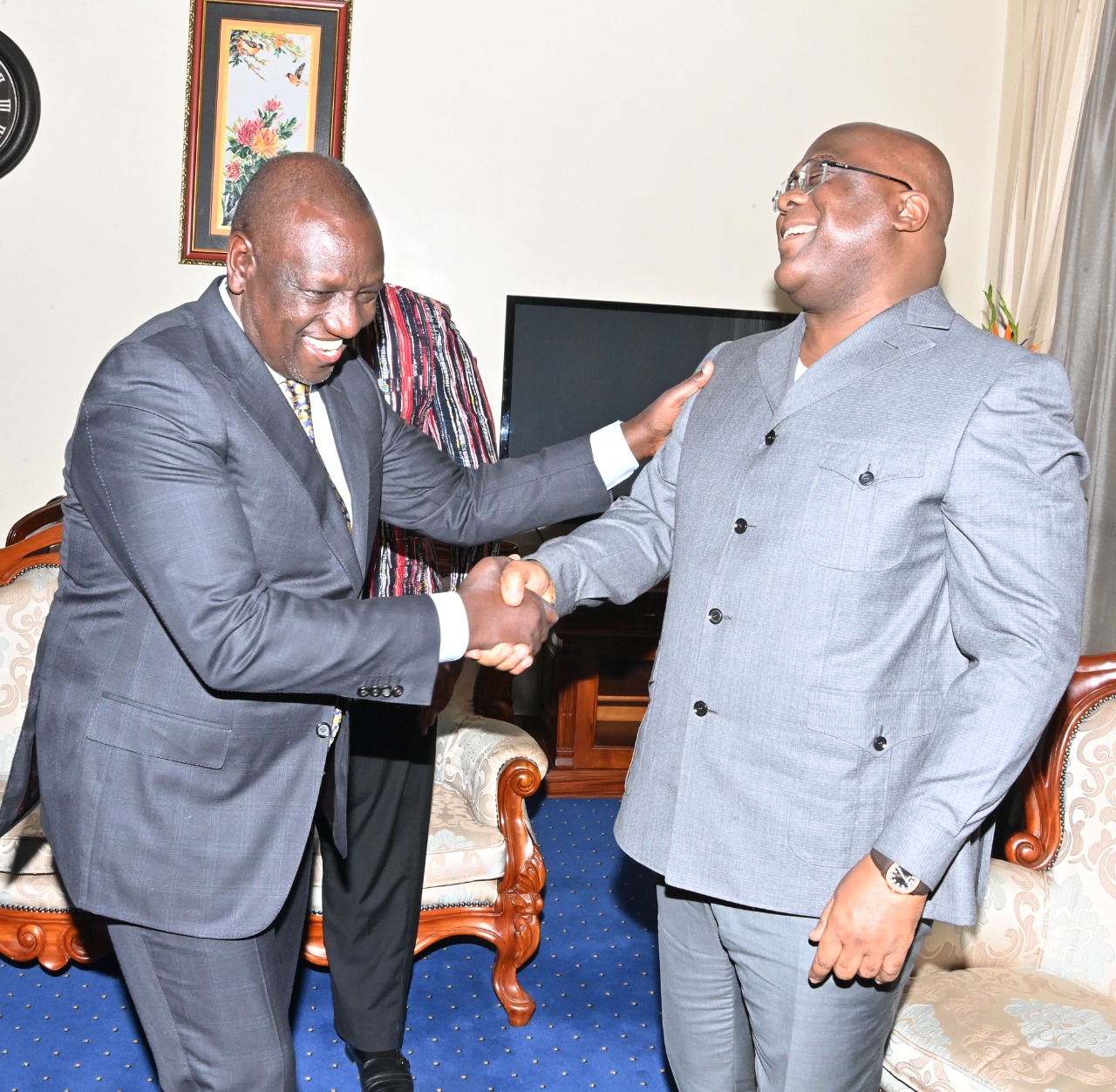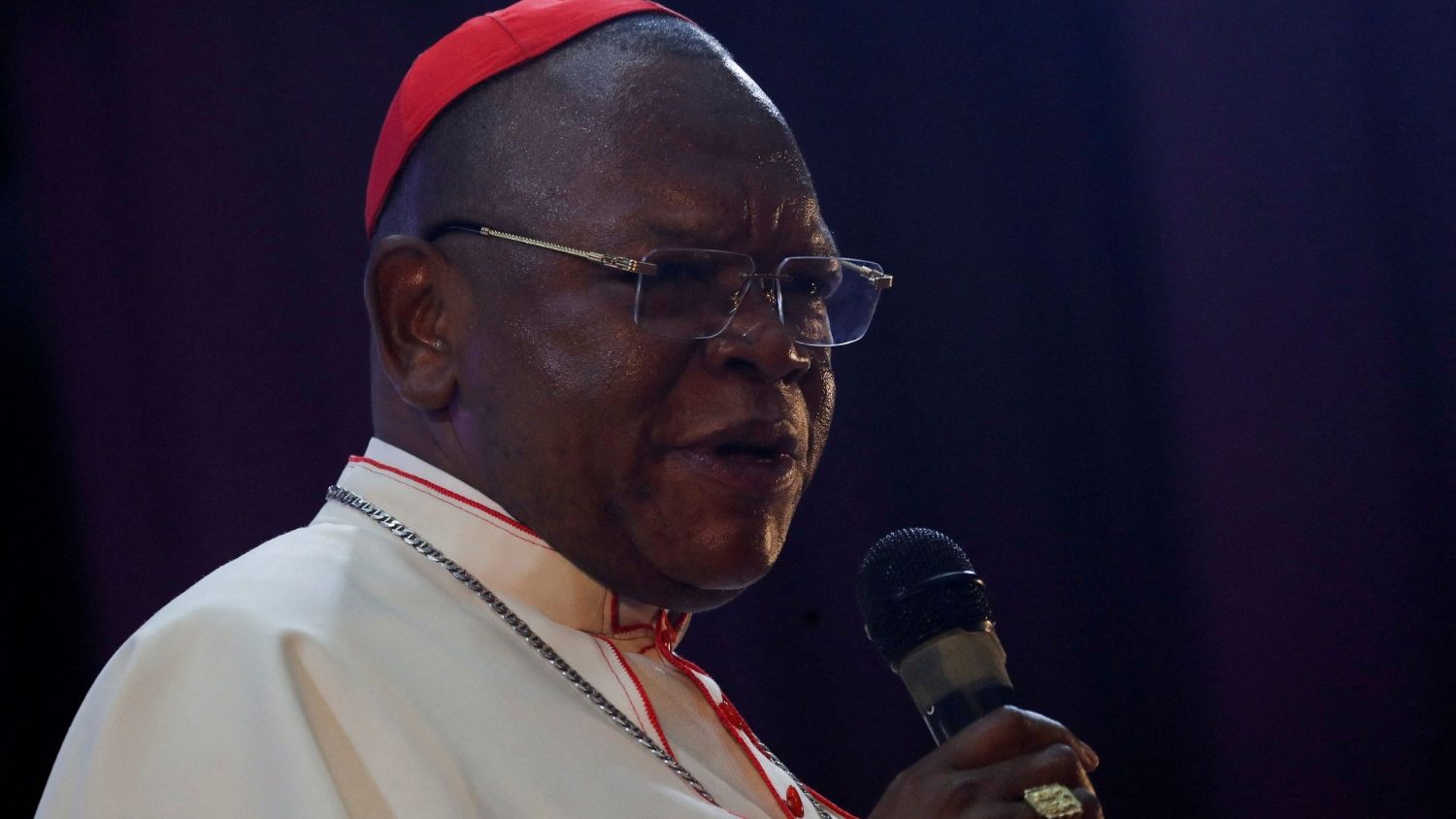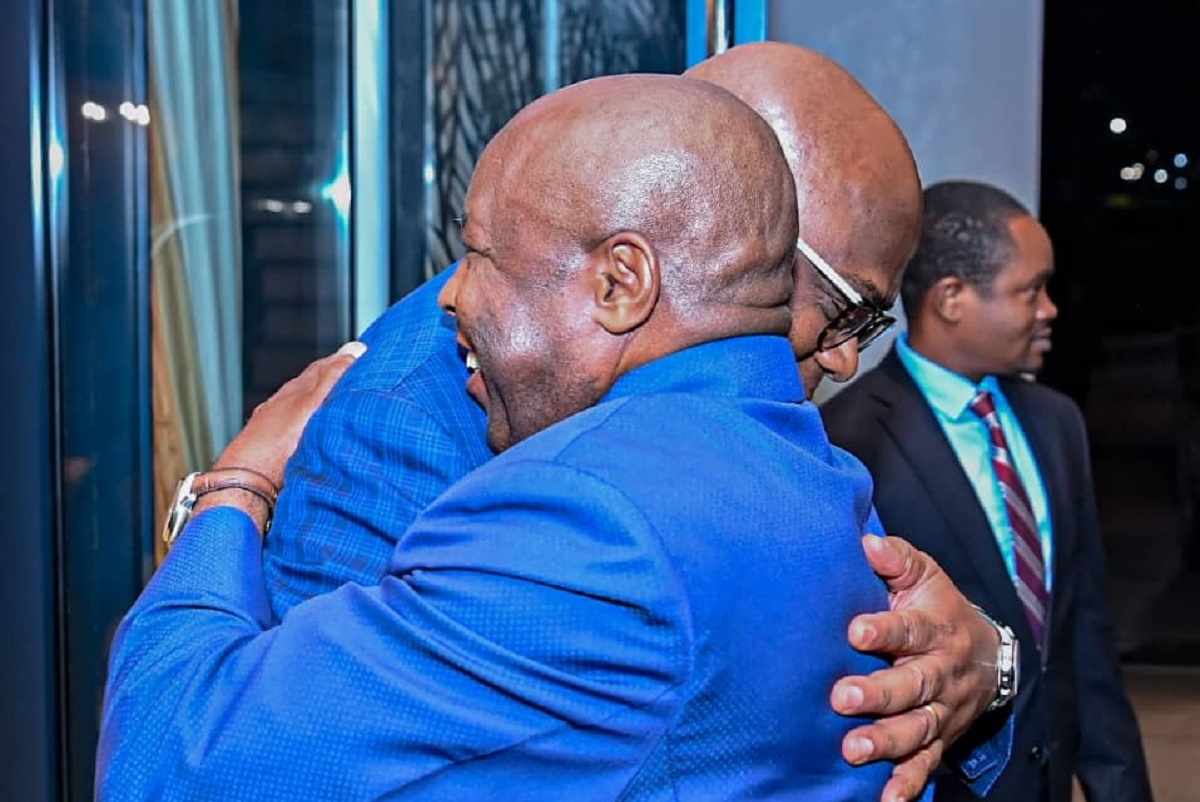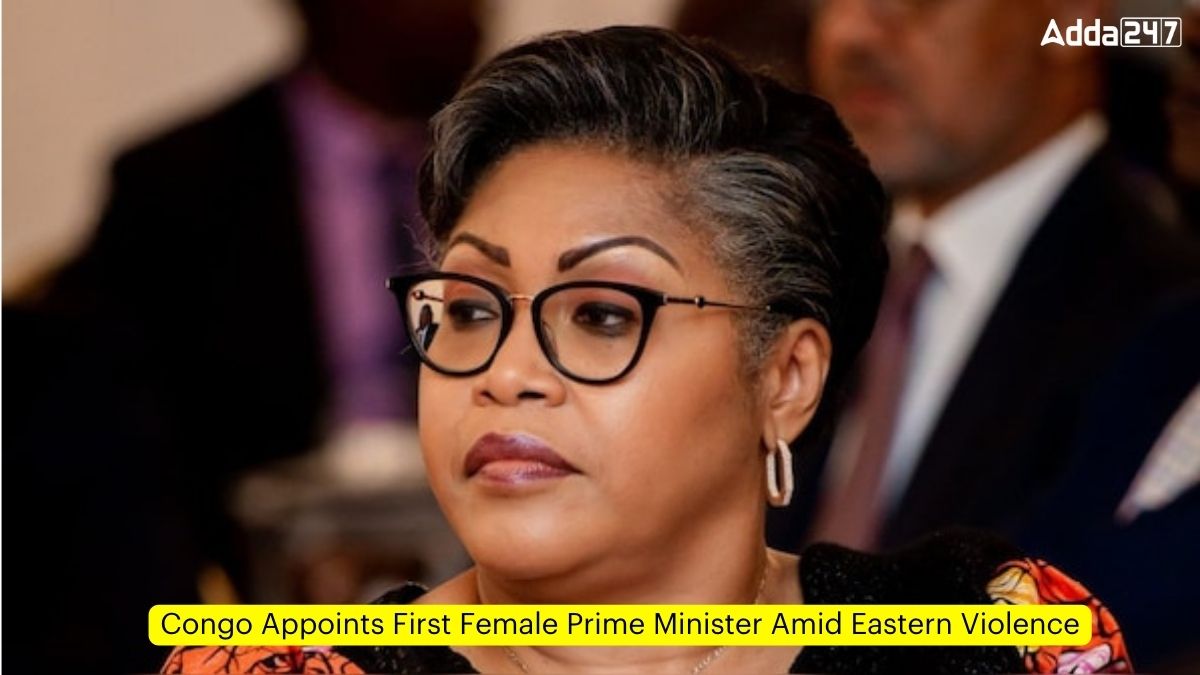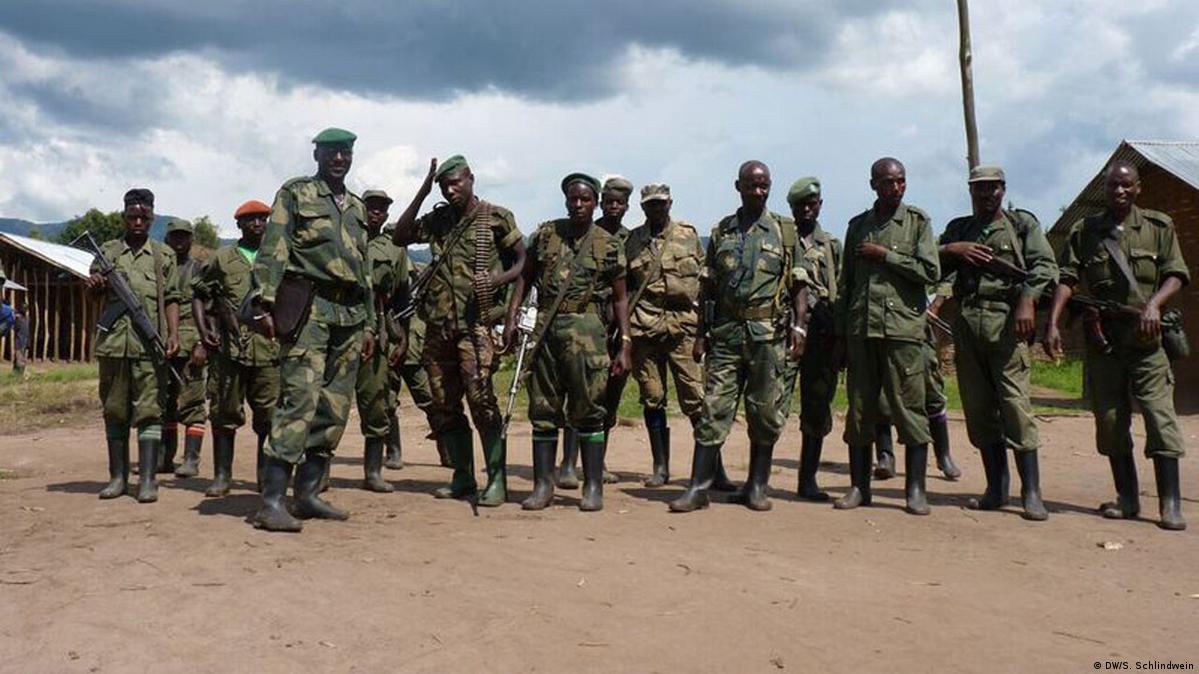Regional
Inside the Sun City Agreement that requires Kinshasa to disarm FDLR
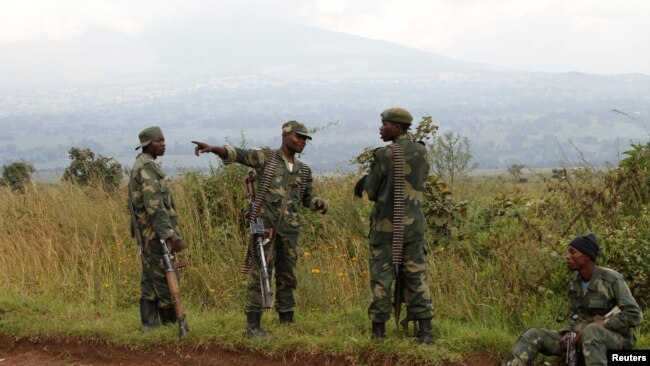
Amid the escalating insecurity
in the east of the Democratic Republic of Congo, former South African President
Thabo Mbeki has recommended that Kinshasa should disarm FDLR, the genocidal
forces who fled into the Zaire, now DRC, after committing the 1994 Genocide
against the Tutsi in Rwanda, in line with the Sun City Agreement signed between
Kigali and Kinshasa in April 2003.
Mbeki who was in Kigali for
the 30th commemoration of the Genocide against the Tutsi, told South African
media that the problems in eastern DRC can be resolved by the Congolese
government implementing the Sun City agreement and disarming the genocidal
forces operating from its territory.
“I think you will remember
that many, many years ago, as the government of South Africa we worked with the
people of the DRC to prepare for a return to democratic. Remember negotiations
that took place in Sun City. So, in that sense we were dealing with many
challenges of the DRC including the situation in the eastern DRC,” Mbeki said.
“It’s an existing agreement
between (then) President Joseph Kabila and President Paul Kagame which
committed them that the Congolese government should make sure that it disarms
and deal with all of the people who committed genocide in Rwanda and left for
eastern DRC. They would disarm them and as a consequence Rwanda will withdraw
its troops from eastern DRC. It is a signed agreement. The problem is that it
was never implemented. That’s exactly the basis for a political solution.”
According to the Final Act of
the Inter-Congolese Political Negotiations, the concerned parties met in Sun
City, South Africa, on April 2, 2003, considering their shared commitment to
peace and national unity, as prerequisites for the development of DRC and the
well-being of Congolese people.
After considering relevant
resolutions of the UN Security Council; the ceasefire agreement signed in
Lusaka on July 10, July 30, and August 31, 1999; the parties noted that they
were concerned by the political crisis and the armed conflict in DRC and its
harmful consequences.
The parties agreed and
demanded the pursuit and intensification of the voluntary disarmament of armed
groups in accordance with the Lusaka Agreement; the immediate departure of all
armed groups from the territory of the DRC; resorting to coercive measures
where due note is taken of the failure of voluntary disarmament, to compel the
armed groups to leave the territory of DRC, among others.
The parties considered the
need for all the states of the region to combat the fundamental structural deficiencies
that face them and the urgent need to develop effective mechanisms for
collaboration in the resolution of all issues contributing to insecurity within
the region, and holding back its development and progress in comparison to the
rest of Africa.
As a result, the parties
called for disarmament of armed groups among many other decisions.
Like all other agreements that
Kinshasa has signed, the Sun City Agreement has been ignored. Successive
Congolese governments have been harboring and arming FDLR as well as other
armed groups to support the national army in fighting rebellions.
Political analysts believe
that without disarming all armed groups in eastern DRC, now counting to over
260, the country and region will remain volatile.



